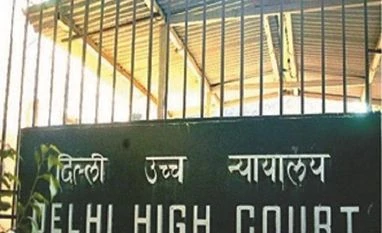The Delhi Court on Thursday set aside a Delhi University order debarring an NSUI leader for a year for his alleged involvement in the screening on the campus a controversial BBC documentary on the 2002 Gujarat riots.
Justice Purushaindra Kumar Kaurav said action against Lokesh Chugh, a PhD scholar and NSUI national secretary, was taken in violation of the principle of natural justice, and "reasons are necessary to be assigned by the administrative authority" in the order.
"The court is unable to sustain the impugned order dated March 10, 2023. Impugned order is set aside. The admission of the petitioner is restored. Necessary consequences will follow," the judge ordered.
Attorney General R Venkataramani represented the university and opposed the petition.
The court clarified that since the debarment order was being set aside for a lack of adherence to the principle of natural justice, the university is free to taken action against the petitioner in accordance with law.
Senior advocate Kapil Sibal appeared for the petitioner.
More From This Section
The petitioner had approached the high court earlier this month challenging the university's decision to debar him for a year for his alleged involvement in the screening of the documentary -- 'India: The Modi Question' -- related to the 2002 Gujarat riots. The documentary was screened earlier this year.
The DU registrar had issued Chugh a memorandum in March under which he was not allowed to take part in "any university or college or departmental examination for one year".
"Petitioner had participated in the 'showing' of the banned BBC Documentary on 27.01.2023 at 4:00 PM in front of Gate No. 4, Faculty of Arts, University of Delhi... which this amounts to an act of indiscipline," the reply filed by Delhi University before the high court had said.
The Centre had issued directions for blocking multiple YouTube videos and Twitter posts sharing links to the BBC documentary, which was described by the Ministry of External Affairs as a "propaganda piece" that lacks objectivity and reflects a colonial mindset.
)